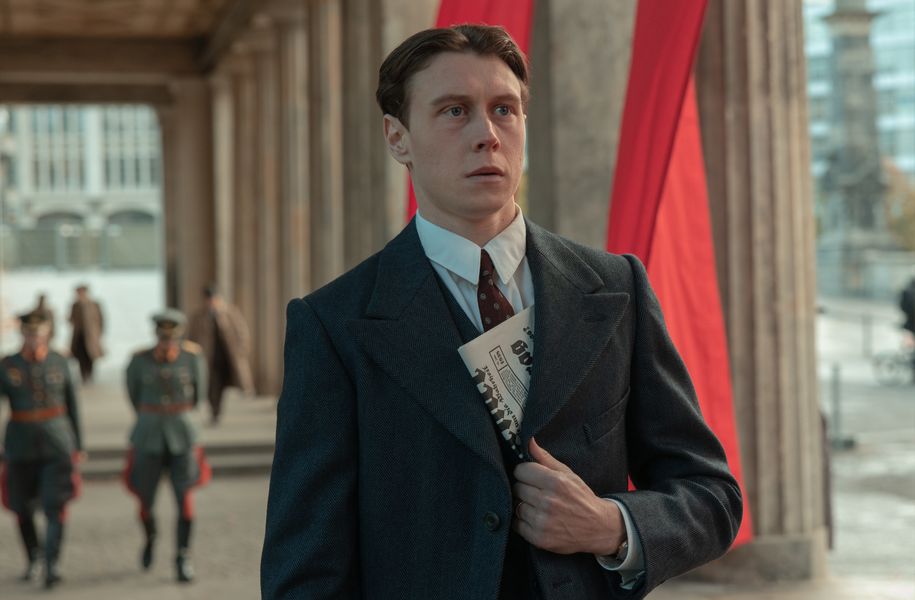Christian Schwochow adapted Robert Harris’ 2017 novel Munich into this highly-anticipated Netflix Original film, Munich: The Edge of War. Despite the various plot twists and heavyweight ensemble cast members, the film falls short of our expectations. In trying to portray one of the lesser-discussed issues preceding the Second World War, the filmmaker loses sight of the task at hand and presents a perplexing and predictable narrative that can no longer be held together by the flimsy storylines.
Set in 1938, just a year before the world war, Hitler is seen encroaching upon mainland Europe with his leviathan-like Nazi army. Whilst he is at it, Winston Churchill is aware of the inevitability of war while the British Prime Minister, Neville Chamberlain – who is shown to be way more wise and cunning than he was – believes in the power of words to convince the Fuhrer to abolish his plans.
Focusing on the Munich agreement, aka the Munich Betrayal, the filmmaker attempts to present Harris’ dramatised alternate version of history without striking a major chord. Following the author’s footsteps, two friends are introduced to show the colliding personal and political beliefs, as friendships are threatened on the brink of war.
Hannis Niewohner and George MacKay play Paul von Hartmann and Hugh Legat, respectively. As Oxford students, they are seen having a politically charged debate where Hartmann protects the sanctity of his German identity- he exists as an epitome of all the German youth who were seduced by the genocidal dictator’s populist Nazi ideology.
They fall out only to meet years later, where Hartmann hides his anti-Fascist ideologies beneath the garb of nationalist fervour. At the 1938 Munich agreement that sees Hitler and Chamberlain ponder over the fate of Czechoslovakia, the duo meets each other wherein their loyalties are put to the test. Hartmann possesses documents comprising Hitler’s Europe-domination plans that he wants to warn the Allies against.
While this is definitely a fictional addition, one would be more pleased if the filmmaker decided on bringing in a new alternate history in place of the one that already exists. Our foreknowledge overtakes the attempt to instil suspense regarding the fate of the Second World War. By including too many diplomatic proceedings and bureaucratic gubbins, the film fails to leave a mark.
Despite the inclusion of various actors, including the Award-winning actor Jeremy Irons, the shoddily written, pesky dialogues do a huge disservice to an actor of Iron’s stature. Hartmann seems to steal the show within the film that could have been a much better-executed espionage world war thriller had they focused more on the dangerous implications on a friendship as private and national loyalties butt heads with each other.
With ideology and agenda at stake, this engrossing yet forgettable film somehow shows how smug and entitled the duo is, as they think they can change the fate of the world, ha! Jokes apart, Munich: The Edge of War is now streaming on Netflix.
